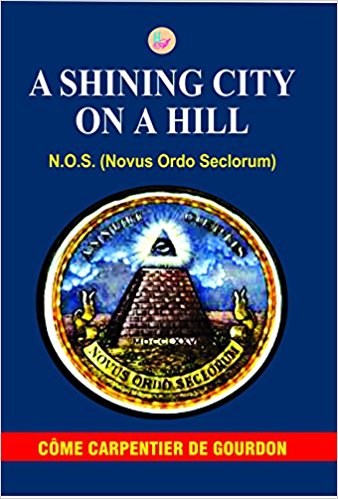Review of opening session: Levi Strauss seminar
Come Carpentier de Gourdon
Discussion around the book, Writing History in the Soviet Union: Making the Past Work, by Anup Ranjan Banerji, SSP, 2008.
Dr. Banerji’s book attempts to retrace the use and function of the historical science in Russia, primarily during the early Soviet period though it also looks at the developments in and around the times of the Perestroika and the post-Soviet Russian resurgence. On the other hand, the author has relatively little to say about the Brezhnev years that followed the anti-Stalinist reaction initiated by Khruschev.
The gist of the conclusions drawn by the author is that in its initial, formative years following the 1917 Bolshevik revolution (until about 1929), the Soviet state tolerated a general climate of freedom in the interpretation and writing of history, as is the case in many revolutions in their early stages. The victory of Stalinism over its ideological rivals led to a rapid decline of this tolerance under the aegis of the “Czar” of Soviet History from the thirties to the fifties, the well known Professor Mikhail Nikolayevich Pokrovski who exercised predominant influence in support of Stalin’s cultural policies, combining historical materialism and economic determinism with an older fashioned cult of the motherland and of national heroes whose figures were reinterpreted according to socialist concepts and ideals, while dissident Marxist and Trotskyist versions were banned. In his presentation at the IIC Anup Banerji took a more definite personal position with regard to those various trends which he dispassionately analyses in the book without indicating too clearly where his preferences lie.
The resulting discussion highlighted the fact that in most countries, the demands of the national interest and of social integration lead governments sooner or later to promote a patriotic, romanticized version of the country’s past, as Stalin did in his time and as the regime led by Vladimir Putin is also tending to at present. The current Russian government is indeed openly sponsoring a grand historical nationalist narrative that is seen as inclusive and relatively non-ideological, as it is primarily designed to foster social peace and national reconciliation by arguing that there is continuity and consistency between the various stage of the country’s past and present. One can infer from that trend that the human mind needs a “mythos” which finds its home in national history and that the latter is seen by governments as an “Itihas”, rather than as a battlefield of ideological or interpretive controversies between scholars who can anyway never grasp past facts and processes in an objective and comprehensive manner.
A notable development is that the Russian State has halted the process of opening up of the national historical archives that started under Gorbachev and that many of the KGB and other files have been reclassified and are no longer available to the public. The reason for this reversal is probably the Kremlin’s fear of divisions, grudges and old hatreds being revived by the disclosure of the many troublesome years in the Soviet period.
The discussion which was scholarly and lively, alluded to the influence of such forces as the Orthodox Church in the vision of history, past and present and compared the successive guidelines espoused by Soviet and Russian historians with the tendencies that predominate in the historical science in the West as in India. The chauvinistic “Russocentric” tradition that the Soviet Union perpetuated brings to mind comparisons with some rather extreme forms of so-called “Saffron” historiography in India but as Achin Vanaik, one of the discussants, pointed out American (US) history-writing for one is also notorious for its subjective, solipcistic and jingoistic tropism that has by and large not fallen a victim to the increasingly stifling imperative of political correctness. Russia is thus not an isolated case of history being harnessed for the implementation of a political agenda.
India International Centre wishes to promote online discussions on programme topics reviewed on its website. Readers may send comments on the above topic to deputyeditor.iic@nic.in
Readers’ comments will be put on this page, below the review. In the event of a query, this will be forwarded to the speaker or reviewer for further comment, before being placed on this page.


